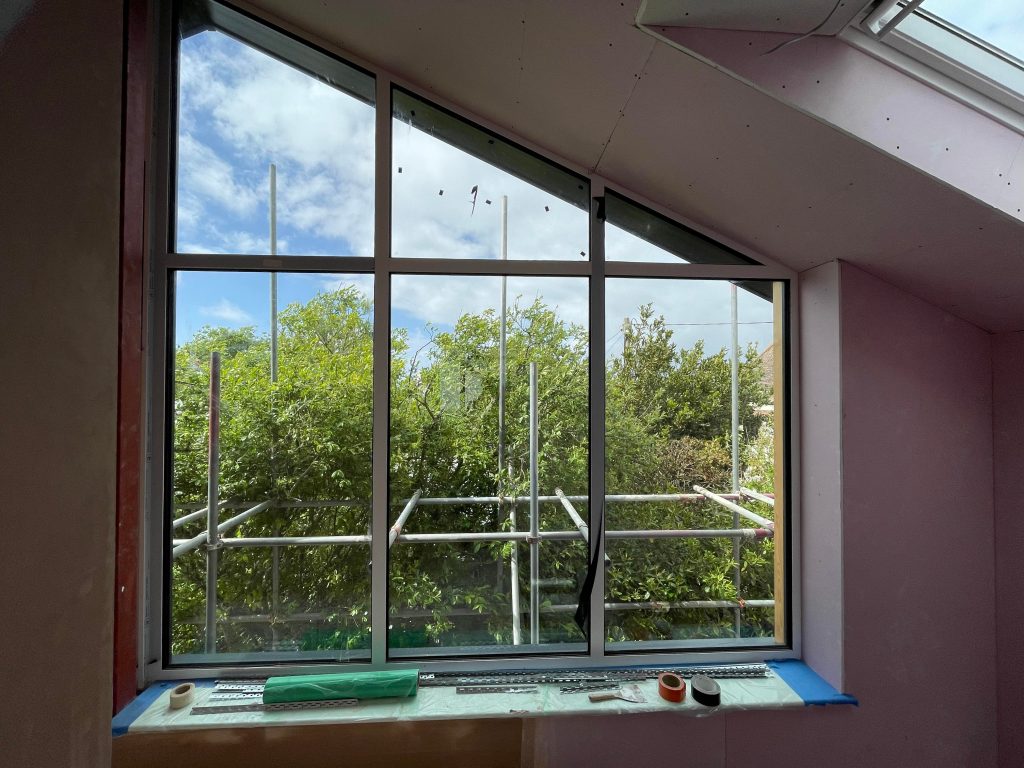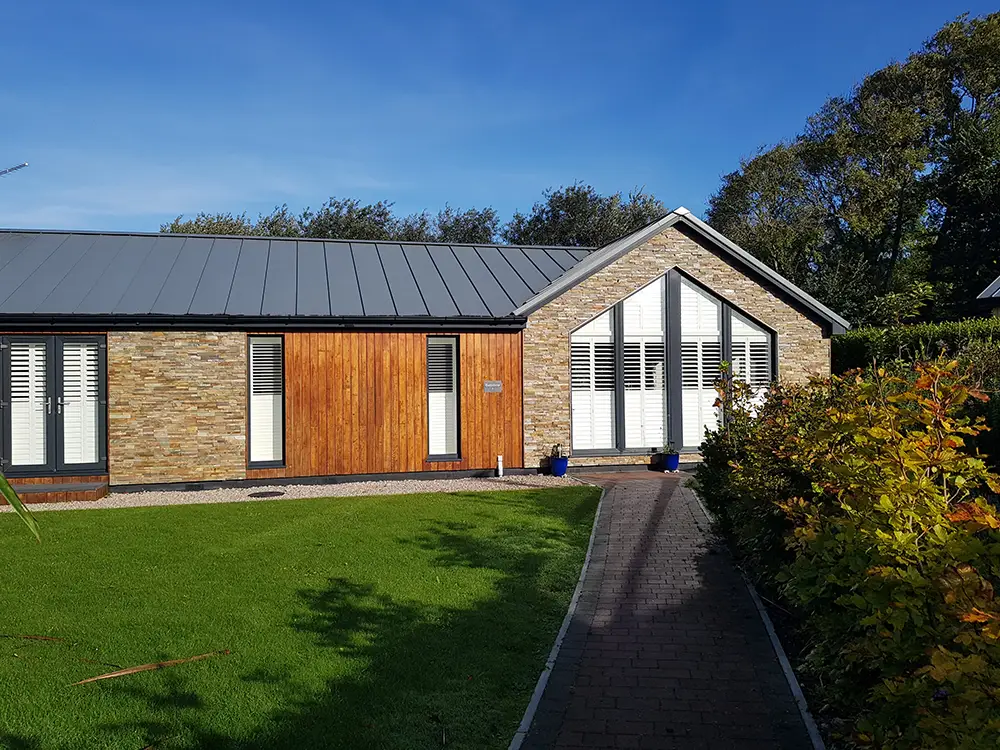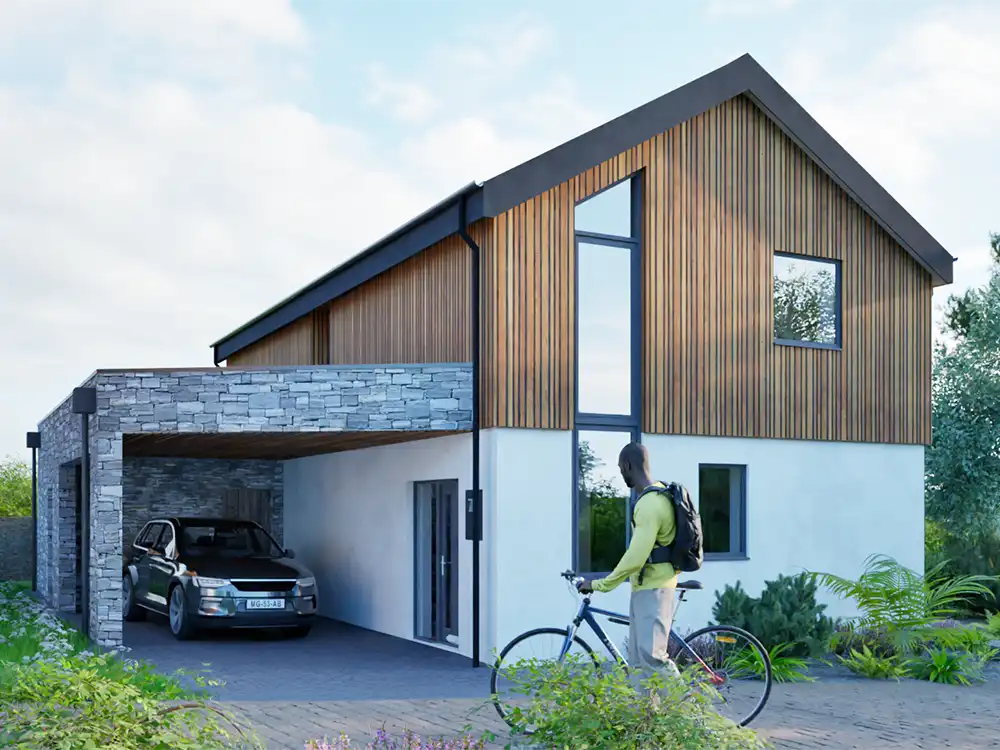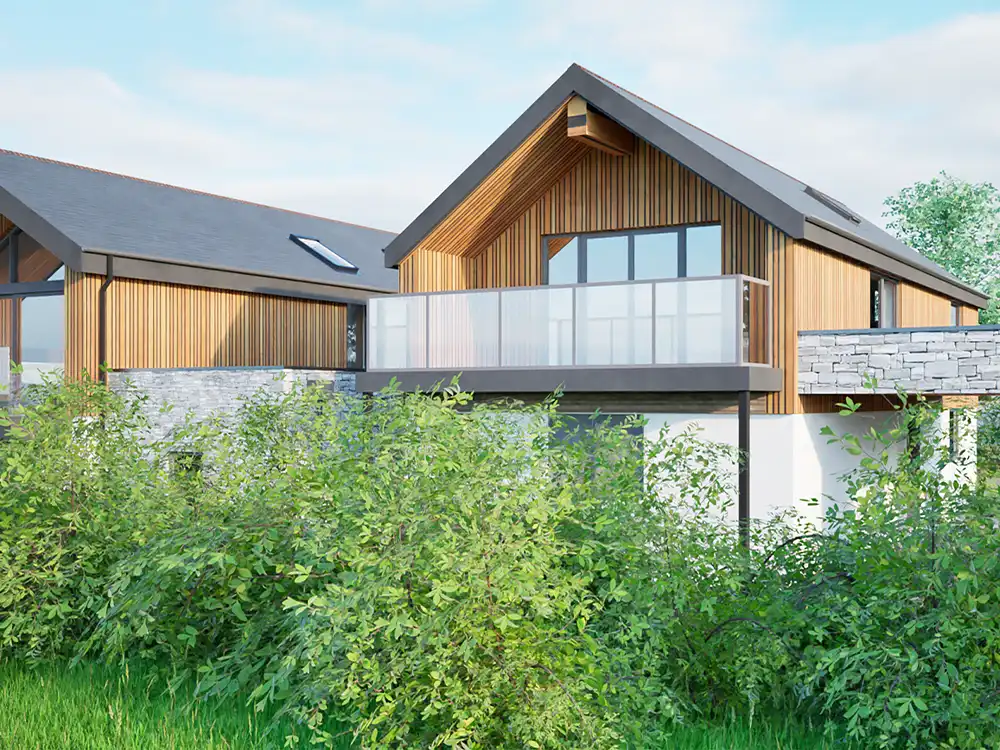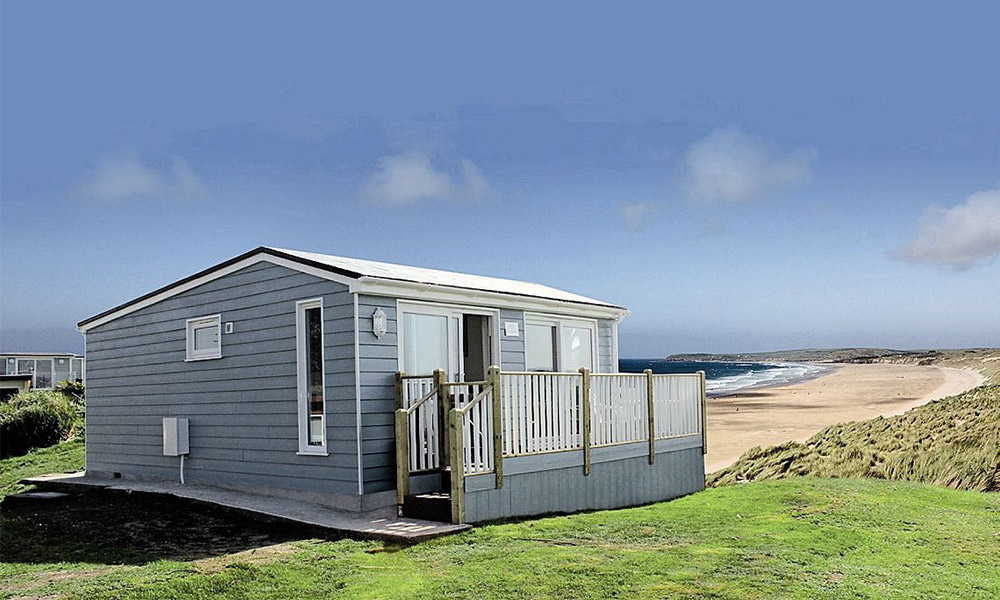When it comes to constructing a house, it’s not merely about assembling bricks and mortar. It’s about creating a safe, comfortable, and resilient space that can withstand the test of time. Achieving this necessitates adhering to best practices for house construction, ensuring that your dream home materialises into a lasting legacy.
The Significance of Best Practice in House Construction
House construction is a multifaceted process involving numerous components, from the foundation to the roof. Best practices in construction guarantee that each phase is meticulously planned and executed, resulting in a high-quality, energy-efficient, and structurally sound home.
Foundation and Site Preparation
The foundation of any house is pivotal to its stability. Best practice mandates proper soil testing, site preparation, and foundation design to avert settling and assure a robust base for your home.
Framing and Structural Integrity
The framing of a house must conform to industry standards for structural integrity. Properly designed and constructed framing assures that your home can endure the forces of nature, such as wind, earthquakes, and heavy loads.
Energy Efficiency
Incorporating energy-efficient features and materials into house construction is not only environmentally responsible but also financially beneficial. Best practice encompasses using insulation, windows, and HVAC systems that curtail energy consumption and reduce utility bills.
Quality Materials and Workmanship
The selection of materials and craftsmanship during construction is of paramount importance. Best practice dictates using high-quality materials that either meet or surpass building codes and enlisting skilled professionals who take pride in their work.
Safety Measures
Construction sites can be hazardous environments, but best practice places safety at the forefront. Enforcing safety measures, providing protective gear, and adhering to safety regulations ensure that workers and homeowners are safeguarded throughout the construction process.
Environmental Sustainability
Sustainable construction practices, such as recycling materials and minimising waste, are of growing significance. Best practice encompasses minimising the environmental impact of house construction and, whenever possible, employing eco-friendly materials.
Your Role in Ensuring Best Practice
As a homeowner, you play a pivotal role in ensuring best practice during house construction. Research and select reputable builders and contractors with a track record of adhering to industry standards. Communicate your expectations and remain engaged throughout the construction process to confirm that best practices are upheld.
Collaborating with Experts
Achieving the best results in house construction frequently necessitates collaborating with experts who comprehend and implement best practices. Partnering with architects, builders, and engineers who prioritise quality and safety ensures that your home is constructed to the highest standards.
Constructing a Home that Endures
In conclusion, best practice for house construction is not a luxury but a necessity. Building a home that endures demands meticulous planning, adherence to industry standards, and a dedication to quality. By prioritising best practices, you’re not merely constructing a house; you’re shaping a legacy that will provide comfort and security for generations to come.
As you embark on your house construction journey, remember that selecting the right partners and staying informed about best practices will lead to a home that withstands the trials of time.
